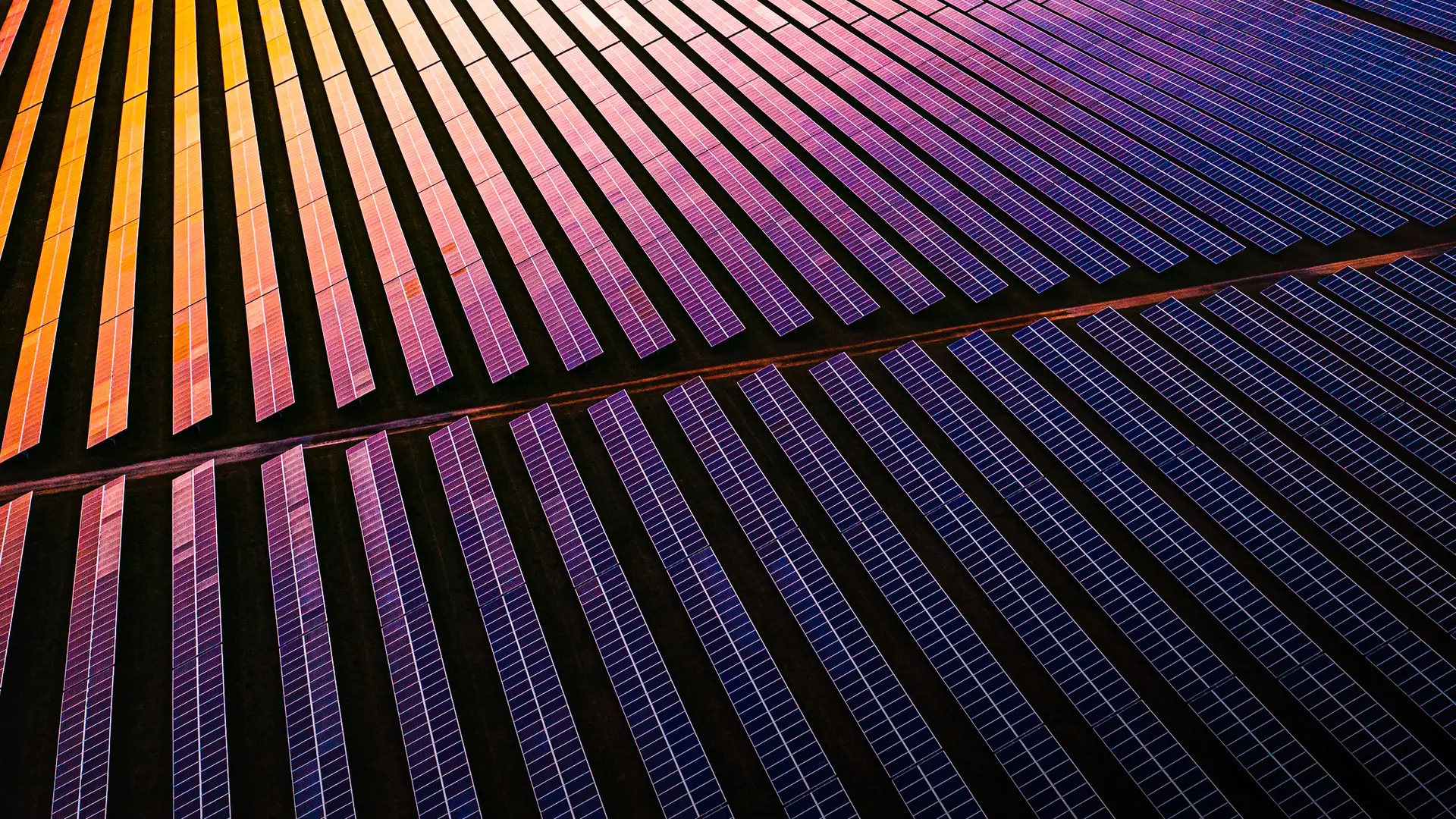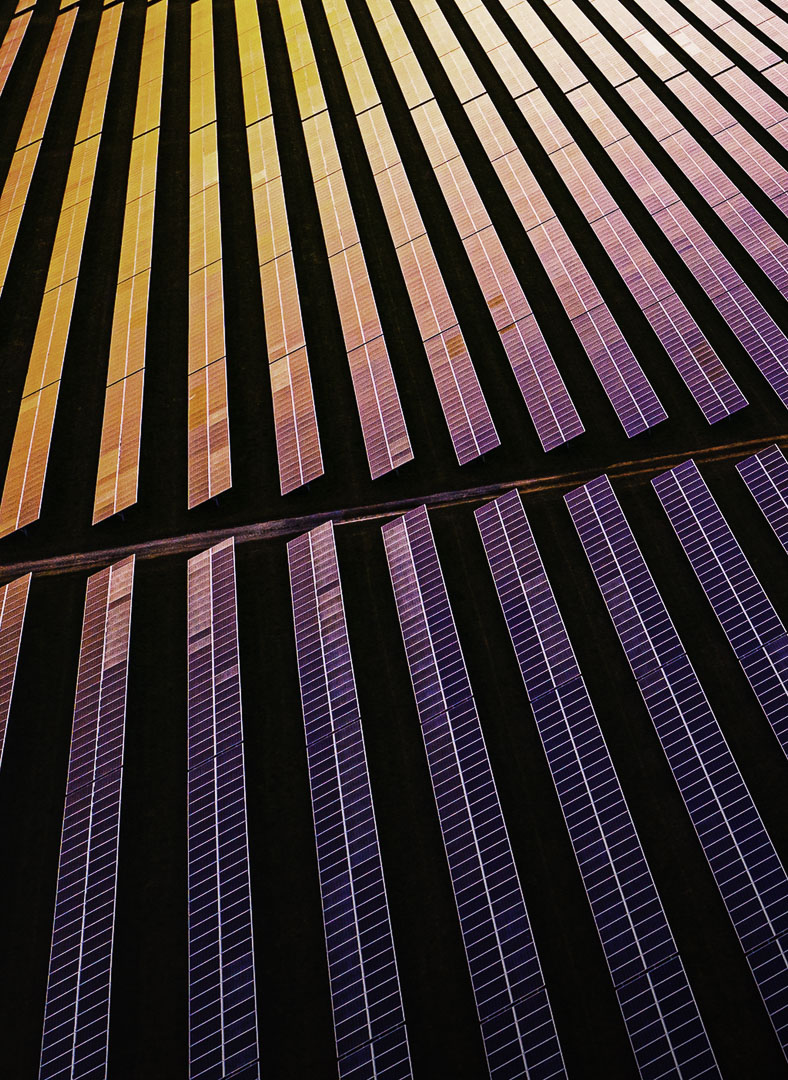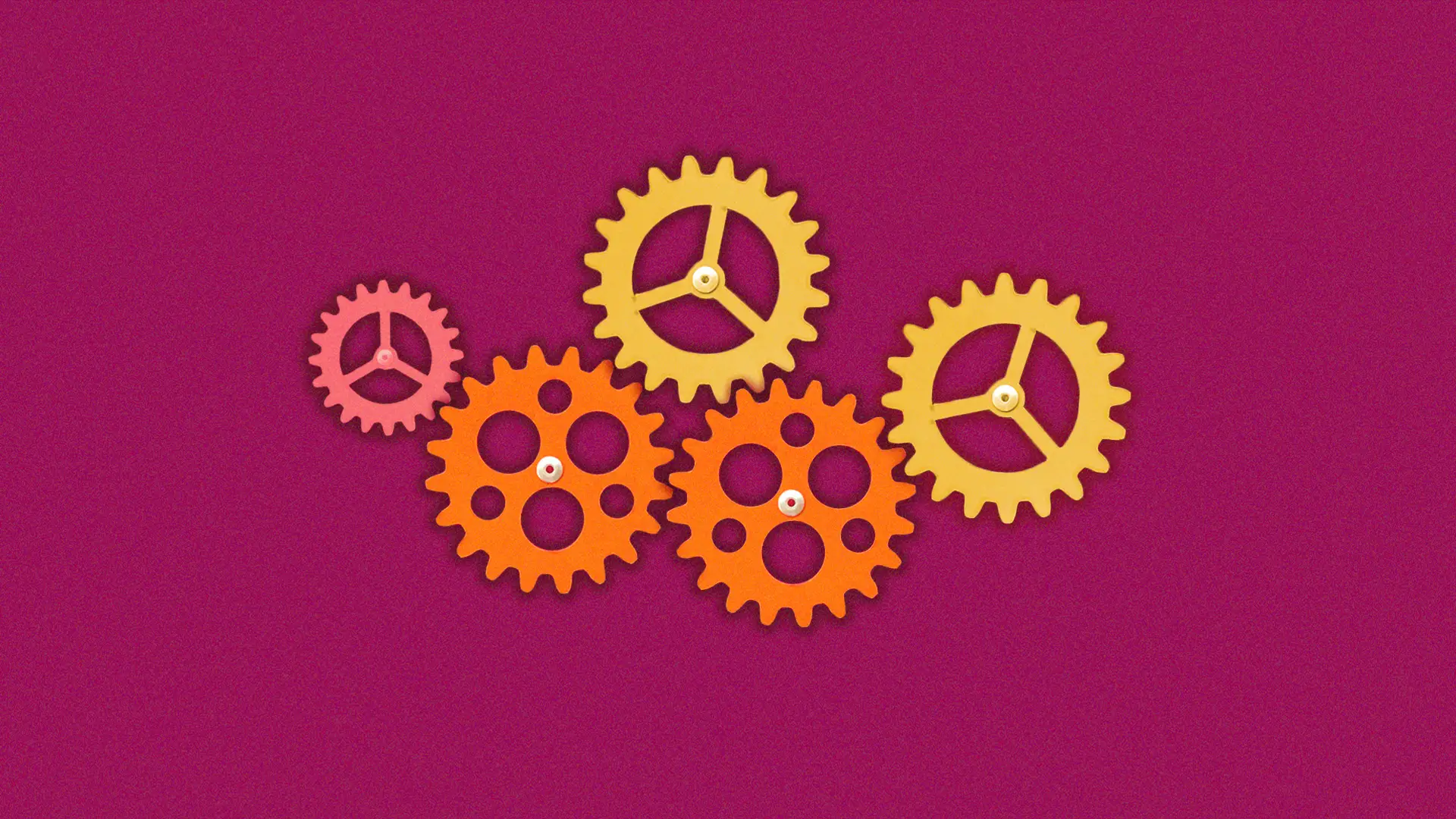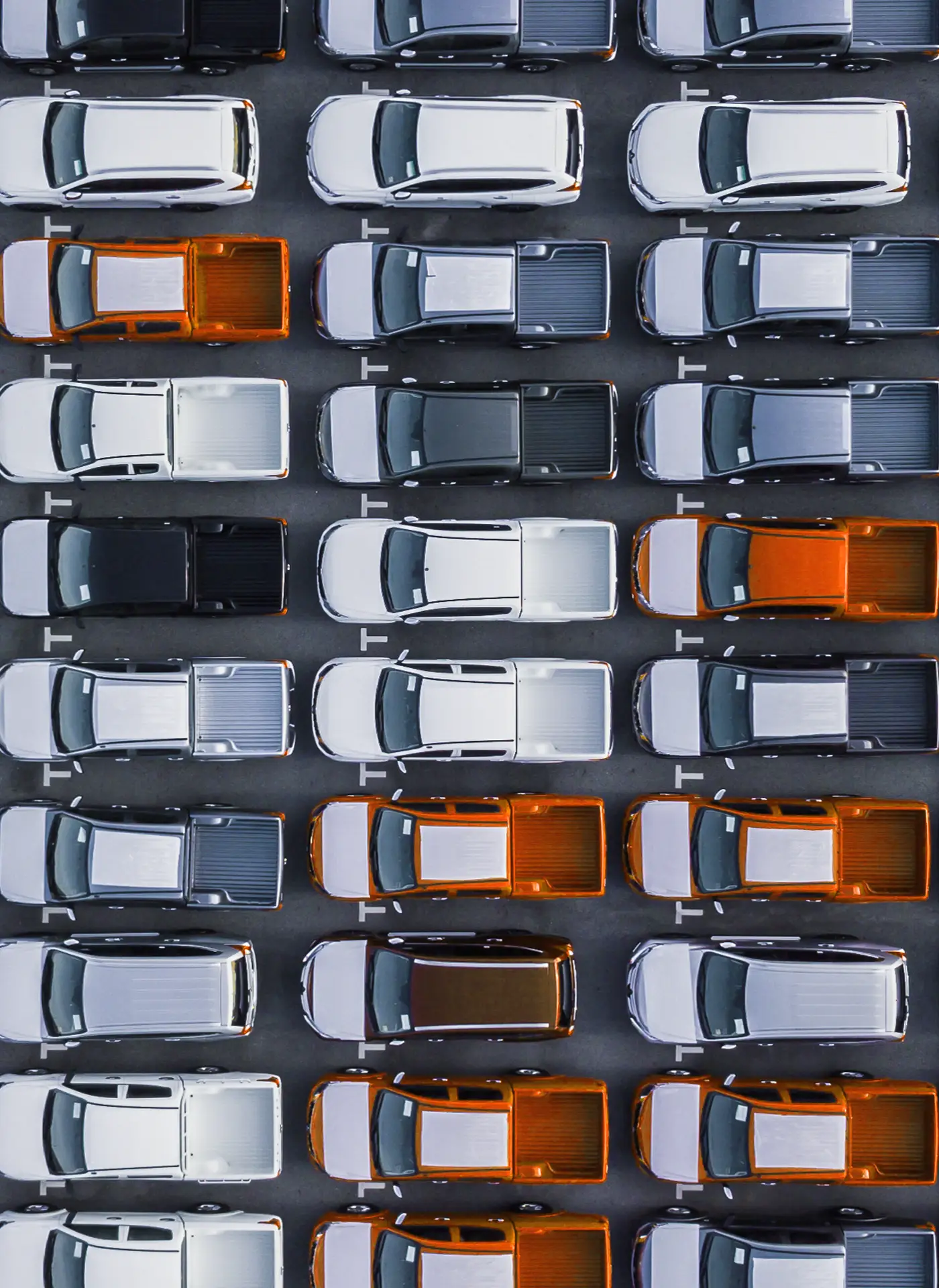

Key Takeaways
- About 30% of Aquent staff were already working remotely before the pandemic, but since then, the company became virtual-first indefinitely and let go of most physical offices.
- Aquent's CEO and founder pledged that the company would become carbon negative, and it has taken three key actions to achieve this.
- These actions include building solar arrays, migrating cloud storage to a hydroelectric-powered facility, and switching to more energy-efficient systems.
- These actions will offset twice the annual carbon emissions of Aquent, its staff, and talent worldwide.
What if we told you that a workforce solutions company was building solar panels at a dairy farm, a kombucha factory, a university, and a local pizza joint? You would probably raise an eyebrow and make a noise similar to Scooby-Doo and Shaggy. Well, there is a very good reason — we want to do our part to make a difference.
Climate change is something that affects us all. We, as people, tend to take the literal ground we walk on for granted, but that very ground is very much threatened by rising global temperatures, scarce resources, and carbon dioxide we all generate.
So what could we do? Buy carbon credits? Help our talent and staff switch out that plastic straw for a reusable one? Send them all a cotton tote bag to use instead of a plastic one? Sure, all of these things help, but they will not really move the needle. We are not a company that settles for half measures, and our approach to sustainability is no different.
An idea born out of necessity
Before COVID became a reality, approximately 30% of our staff and talent worked remotely to some degree. During the height of the pandemic, we, like all companies, moved our employees to full-time remote work. With our empty offices, no commuting, and no business travel, we saw a dramatic decrease in the amount of carbon we generated. In fact, looking at the numbers, commuting was the largest generator of carbon emissions in 2019. Spurred on by this realization, we decided to make a drastic change: our entire global staff would be virtual-first indefinitely, and we would let leases lapse on nearly all of our office space.
Becoming a virtual-first company was only the first step. Our sustainability efforts needed to match the magnitude of the problem; so, John Chuang, our CEO and Founder, pledged that we would be carbon negative by the end of 2021. Unlike other organizations, we decided not to simply buy carbon credits to reach this goal. We would take three key actions: build three solar arrays, migrate our cloud storage to a site that uses renewable hydroelectric energy, and provide our staff with more energy-efficient laptops.
No carbon credits here, just less carbon
Again, simply buying carbon credits is not really in line with who we are as a company. We want not only to take the unconventional approach but also to make the biggest impact on our community. That is why we are building solar arrays. With limited Aquent real estate due to our virtual-first approach, we looked to other businesses to host this renewable energy source.
So, what does building these solar arrays on the premises of other businesses do for Aquent's carbon footprint? Becoming carbon-negative means that we are offsetting more carbon than we generate as a business. While these arrays will not power the homes of our staff and talent, they will offset approximately two times the amount of CO2 that our staff and talent generate annually worldwide.
In Indiana and Ohio (two states that have higher carbon dioxide generated per kilowatt-hour), we are working with four organizations to host the arrays:
Futuro Pizza: A funky, fun, Indianapolis-based, “mom and pop forever” pizzeria that serves up seriously good pizza. This growing business (and community favorite) will harness the power of the sun to deliver their crowd-favorite pies.
Circle Kombucha: An Indianapolis functional beverage company whose mission is to make delicious sparkling drinks that happen to be very good for you. They are committed to supporting and growing their community as well as being environmentally conscious, from the first ingredient to the first sip.
Mount Sterling Dairy: A 980-cow dairy farm, owned and operated by Tuen and Anja Verhoeven, that's passionate about sustainable farming. Not only producing quality milk, they also use techniques like soil monitoring, manure and compost fertilizer, and planting diverse cover crops to encourage biodiversity and protect against erosion.
Ball State University School of Architecture: The Muncie, Indiana campus is a place where people are learning how to build the future (literally). It seems fitting that it will also host and use solar panels to power the classrooms housing tomorrow's sustainable designers.
So, yes, a staffing and recruiting company is building solar arrays rather than buying carbon credits because taking the easy, conventional route is not really our thing. This project would not be possible without our partner companies who share our commitment and our willingness to fight climate change together.
This article was originally posted on our Aquent blog.
Related

Great brand collaborations are the best to strengthen identity.
Design & Experience, Insights & Trends, Marketing & Creative, Beauty and Fashion

Consumer demand and policy are driving EV market growth.
Development & Technology, Insights & Trends, Automotive

Are you missing opportunities to improve health screenings?
Design & Experience, Marketing & Creative, Health